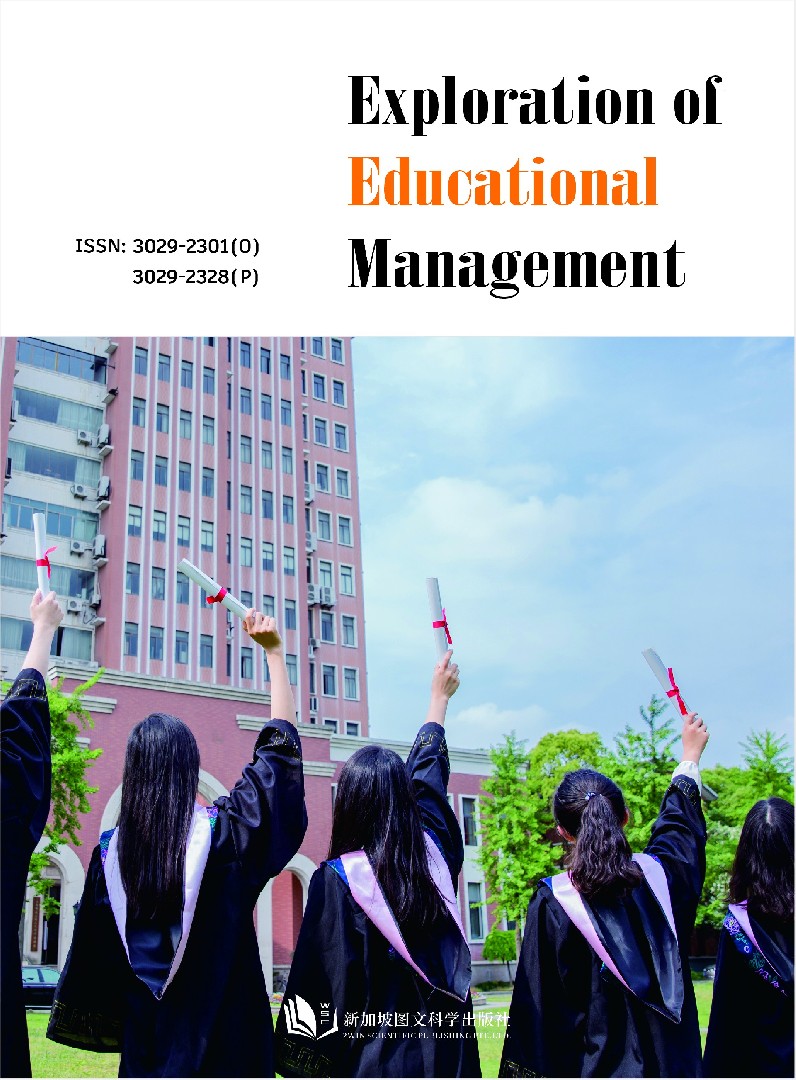作者
Shumin Tao
文章摘要
This study examines the relationship between psychological needs satisfaction and academic engagement in college English learning, based on Self-Determination Theory. Using a mixed-methods approach, the research explores how autonomy, competence, and relatedness affect student engagement and academic performance. Participants (150 college students) will be divided into two groups: one receiving interventions to support psychological needs and the other following traditional teaching methods. Data will be collected through surveys, writing assessments, interviews, and classroom observations. The study aims to provide insights into effective teaching practices that enhance student engagement by addressing psychological needs, with implications for improving language instruction and fostering academic success.
文章关键词
Psychological Needs; Academic Engagement; Self-Determination Theory; College English Learning; Autonomy; Competence; Relatedness
参考文献
[1] Chen, L., Zhang, H., & Liu, X. (2023). Exploring the role of psychological need satisfaction in academic engagement among university students in EFL settings. Journal of Language Teaching and Research, 14(1), 15-28.
[2] Gagné, M., Deci, E. L., & Ryan, R. M. (2023). Self-determination theory and motivation in education. Educational Psychology Review, 35(1), 1-32.
[3] Hsu, S. H., Lin, C. M., & Wang, M. F. (2023). The relationship between psychological needs and language learning engagement in higher education. Language Learning Journal, 51(2), 179-191.
[4] Li, H., Zhang, J., & Cheng, Y. (2023). Psychological need fulfillment in EFL classrooms and its impact on academic engagement and language proficiency. Language Teaching Research, 27(3), 480-497.
[5] Ryan, R. M., & Deci, E. L. (2021). Self-determination theory: A macrotheory of human motivation, development, and health. Canadian Psychology, 62(3), 363-373.
[6] Vallerand, R. J., Pelletier, L. G., & Blais, M. R. (2022). Academic motivation and academic achievement: A test of the hierarchical model of intrinsic and extrinsic motivation. Educational Psychology, 42(1), 44-61.
[7] Wang, M., Wang, X., & Chen, Y. (2023). Enhancing student engagement in language learning through autonomy support and competence-building strategies. Language Learning & Technology, 27(1), 99-112.
[8] Chen, L., Zhang, H., & Liu, X. (2023). Exploring the role of psychological need satisfaction in academic engagement among university students in EFL settings. Journal of Language Teaching and Research, 14(1), 15-28.
[9] Deci, E. L., & Ryan, R. M. (2020). Self-determination theory and the facilitation of intrinsic motivation, social development, and well-being. American Psychologist, 55(1), 68-78.
[10] Fredricks, J. A., Blumenfeld, P. C., & Paris, A. H. (2004). School engagement: Potential of the concept, state of the evidence. Review of Educational Research, 74(1), 59-109.
[11] Gagné, M., Deci, E. L., & Ryan, R. M. (2023). Self-determination theory and motivation in education. Educational Psychology Review, 35(1), 1-32.
[12] Hsu, S. H., Lin, C. M., & Wang, M. F. (2023). The relationship between psychological needs and language learning engagement in higher education. Language Learning Journal, 51(2), 179-191.
Full Text:
DOI
